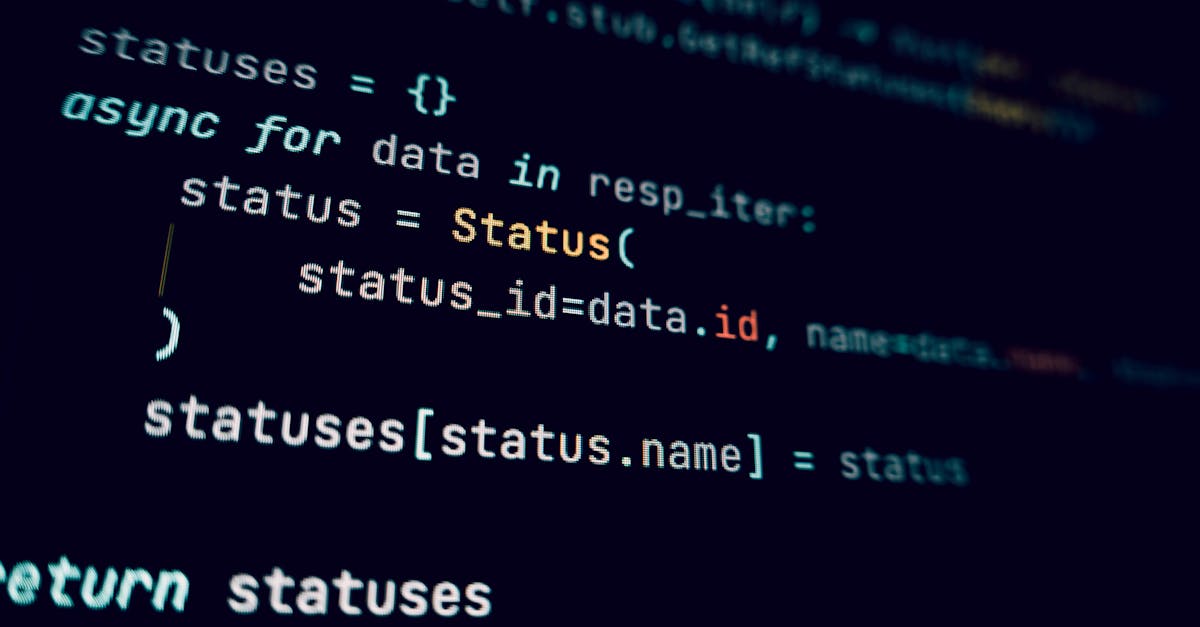In a world where data is the new gold, parents and players alike are left wondering: does Roblox sell your information? It’s a question that sparks curiosity and a bit of anxiety, especially when kids are busy building their virtual empires. After all, who wants their child’s gaming habits turned into a marketing goldmine?
Roblox, the beloved platform that lets users create and explore imaginative worlds, has a reputation to uphold. But with the rise of data breaches and privacy concerns, it’s crucial to dig deeper. Are those adorable avatars just a cover for something more sinister? Let’s unravel the mystery behind Roblox and its data practices, ensuring that players can enjoy their adventures without the shadow of privacy worries looming overhead.
Table of Contents
ToggleOverview of Roblox and Data Privacy
Roblox is a widely used gaming platform, particularly popular among children and adolescents. It allows users to create, share, and play games designed by other users. Data privacy concerns have emerged due to the platform’s extensive collection of personal information. The company gathers data like usernames, email addresses, and location data to enhance the user experience and ensure safety.
Users frequently express worries about the potential for data misuse or selling personal information to third parties. According to Roblox’s privacy policy, the company does not sell personal data. Parents often seek reassurance regarding their children’s information and online behavior. Transparency in data handling practices plays a crucial role in restoring user confidence.
Roblox employs various measures to ensure data protection, such as encryption and restricted access to sensitive information. Compliance with the Children’s Online Privacy Protection Act (COPPA) further emphasizes their commitment to safeguarding minors’ data. Users can manage their privacy settings through an easy-to-navigate interface, allowing them to control who can interact with them on the platform.
Understanding data privacy on Roblox helps players navigate the gaming space more securely. By being aware of the platform’s practices, users can engage in gaming activities while maintaining control over their personal information. Clear guidelines are in place, helping users recognize their rights and the measures Roblox takes to protect them.
Understanding Data Collection
Roblox collects various types of information to enhance user experience and ensure safety on the platform.
Types of Information Collected
Roblox gathers extensive personal data from its users. This data includes usernames, email addresses, and location information. Players contribute additional details like device information and in-game behavior. With this collection, Roblox aims to tailor experiences for individuals and improve gameplay. Parents should note that data collection occurs for both safety and functionality purposes. Players can review what information is collected and adjust their privacy settings accordingly.
Purpose of Data Collection
The primary reason for data collection revolves around enhancing user experience. Roblox uses information to create a personalized environment for gaming. Safety measures come into play, as data helps identify potential risks or inappropriate behavior. Marketing strategies also benefit from understanding user preferences. By analyzing collected data, Roblox can develop new features and fixes. Overall, data aids in both enjoyment and security during gameplay.
Exploring Roblox’s Privacy Policy
Roblox prioritizes user privacy, focusing on clear communication regarding personal data handling. The company’s privacy policy outlines important practices to build trust among players, particularly regarding children’s safety.
Key Highlights of the Policy
Roblox does not sell personal information to third parties. It collects data such as usernames, email addresses, location information, and in-game behavior to enhance user experience. Security measures like encryption and restricted access help protect user data. The platform complies with the Children’s Online Privacy Protection Act, ensuring minors’ information remains secure. Additionally, Roblox continually updates its privacy practices to address emerging concerns about data privacy.
User Control Over Information
Users maintain significant control over their personal information within Roblox. Privacy settings allow individuals to manage their data, determining who can interact with them. Players can easily review what data is collected and make modifications as needed. Transparency in data practices empowers users to better understand their rights. Users can also adjust settings to limit data collection, reinforcing their privacy choices while engaging with the platform.
Public Concerns and Controversies
Concerns regarding data privacy on Roblox have generated significant public interest, particularly about claims of data selling. Players and parents express anxiety about the potential misuse of personal information.
Allegations of Data Selling
Allegations persist that Roblox may sell user information, despite the company’s assertions to the contrary. Observations from parents highlight fears about their children’s data being exploited for commercial purposes. Users question how personal information might be used for targeted advertising. Investigations into data practices emphasize the importance of transparency to maintain trust. Critically, Roblox’s privacy policy explicitly states that it does not sell personal data, reinforcing its commitment to user protection.
Community Reactions
Community reactions to data privacy issues reflect a mix of relief and skepticism. Parents voice concerns regarding their children’s online safety. Many users advocate for stronger protections and clearer communication from Roblox about data usage. Feedback from players often centers on the desire for improved privacy settings and better awareness of data collection practices. Some users remain vigilant, urging others to customize their privacy settings and remain informed about their rights. Continuous dialogues within the community emphasize the necessity for ongoing transparency from Roblox about its data handling.
Official Responses from Roblox
Roblox addresses user concerns regarding data privacy through clear company statements and ongoing changes to its data practices.
Company Statements
Roblox maintains that it does not sell personal information to third parties. The company’s privacy policy emphasizes transparency in data handling, assuring users about the safeguards in place. Regular updates to the privacy policy help users stay informed about how their data is managed. Users often find reassurance in Roblox’s commitment to adhering to the Children’s Online Privacy Protection Act (COPPA). Frequent communication from Roblox regarding data practices encourages user trust and promotes a safer gaming environment.
Changes to Data Practices
Roblox continually evolves its data practices to align with the latest privacy standards. Recent adjustments include enhanced security measures aimed at protecting user data and updated privacy settings that give users more control. The platform actively solicits feedback from its community to understand concerns and improve data practices. New features are introduced that prioritize user privacy while maintaining an enjoyable experience. Users can expect ongoing efforts from Roblox to strengthen data security and uphold user confidence.
Roblox prioritizes user privacy and takes significant steps to protect personal information. While concerns about data misuse are valid in today’s digital landscape, the platform’s commitment to transparency and compliance with privacy regulations offers reassurance to its users.
By actively engaging with the community and implementing robust security measures, Roblox aims to foster trust and create a safe gaming environment. Users can feel confident knowing they have control over their data and can adjust privacy settings to suit their needs. As the platform continues to evolve, ongoing efforts to enhance data practices will remain essential in maintaining user trust and safety.







